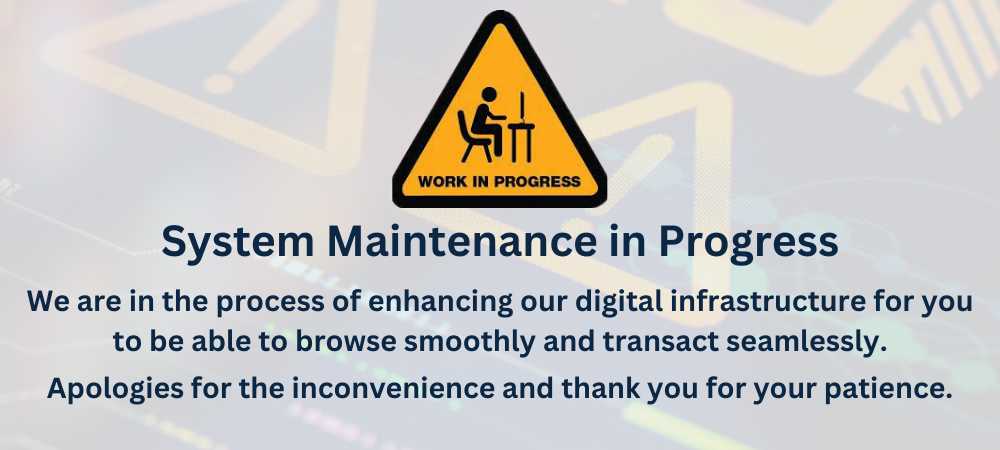Blog |
“At its best, life is completely unpredictable”. This quote, from a famous Hollywood actor is so true. The certainties of today can very easily become the uncertainties of tomorrow. We know this, each and every one of us has experience this during the time of COVID-19, when the world came to a standstill due to lockdowns that were enforced, not just in India but across the globe.
COVID-19 brought its own share of uncertainties, in terms of the loss of hundreds and thousands of jobs as companies tried to control costs. Salaries were slashed or completely dried up but for the Aam Aadmi – the costs of running the house and the medical bills, if anyone in the family was affected, continued to increase. Costs of groceries shot up as did the cost of medicines. In such a scenario how does one make ends meet? The answer is simple – have a contingency fund.
What is a Contingency Fund?
As the name suggests, contingency or an emergency fund is an amount of money you should set aside should an emergency or contingency occur. It is a sum of money that you set aside specifically for this purpose and goal. Do not look for phenomenal returns on a contingency fund, instead look at how easy it is to withdraw the money needed and avail of funds.
If tomorrow an emergency demands that you need to pay a certain bill ASAP, e.g. a deposit for a hospital admission, then you should be able to access your funds easily in order to meet that emergency with confidence. A savings bank account, bank deposits, Money Market Funds, Liquid Funds etc. are some places you can look at parking this emergency fund since you don’t have to wait for a long time to access your funds. Again, look at ease of withdrawal instead of high returns.
How large should the Contingency Fund Be?
The formula for a Contingency Fund is simple.
Add all your monthly expenses – not just the mandatory ones like rent, groceries and medical bills but even what you incur when you eat out or go for a movie. Ensure that every minute recurring expense is covered. Add your EMIs, SIPs etc. too!
Now that you have arrived at a number, say Rs. 50,000 per month. Then simply multiply that number by 12 and that should be the size of your contingency fund. In this case Rs. 50,000 x 12 = Rs. 6,00,000. This Rs. 6,00,000 should be kept in a separate savings account and has to be accessed ONLY in case of an emergency. The idea is that should there be another pandemic, job loss or anything that affects the regular flow of income you know that for the next full year you don’t have to worry about making ends meet.
Sometimes it may be hard to save for 12 months. At least then set aside an amount for 6 months of expenses, this is bare minimum. 12 months is ideal, and you should strive for having enough firepower to tide you through the full year, but 6 months to start with is ok. In this example it will be Rs. 50,000 x 6 = Rs. 3,00,000.
How to Build this Corpus?
It is easy to say that one needs to have 12 months of expenses in the bank account but with our lifestyle and rising costs it may not be easy to create such a corpus. Here are a few suggestions to help you along the way:
- Start an SIP, specifically for this goal of setting up an emergency fund. Click here to access our SIP Goal calculator which will let you know the monthly SIP amount you need to start investing in order to build your emergency fund.
- Since you are going through your expenses thoroughly – see what costs can be minimized. At the end of the month, when you save more – invest that additional saving towards building this contingency fund
- Performance Bonuses, Diwali Bonuses should not go into buying a new phone, TV or jewelry but be routed to the contingency fund. By all means splurge, but only once the contingency fund is built.
- Make small changes. You don’t have to make drastic changes to your lifestyle in order to save money. Even small changes can add up over time. For example, you could cook at home more often instead of eating out, or you could cancel unused subscriptions of OTT platforms.
To Summarize
- Start with making a very detailed list of all your monthly expenses
- You need to ensure you have 12 months worth of expenses set aside for Emergencies
- The formula for the corpus amount is:
Total Expenses for 1 month x 12 or at the least Total Expenses for 1 month x 6 - This should be invested in vehicles that give you easy access to the money – like a bank account, bank deposits, money market funds, liquid funds etc.
Please start working on creating the contingency fund today – get in touch with a good wealth manager who can guide you through the process of setting up and investing in the right avenues.
Disclaimer: Epsilon Money Mart Pvt Ltd (Epsilon Money) having its registered office in Mumbai, Maharashtra India, is an AMFI registered Mutual Fund distributor and IRDAI registered Corporate Agent. Epsilon Money, along with its referral partners, affiliates etc., offers a suite of wealth management products and services to its customers in line with regulatory approvals. Epsilon Money does not underwrite the risk or act as an Insurer. The insurance products offered are underwritten by the respective Insurance Partners only.

